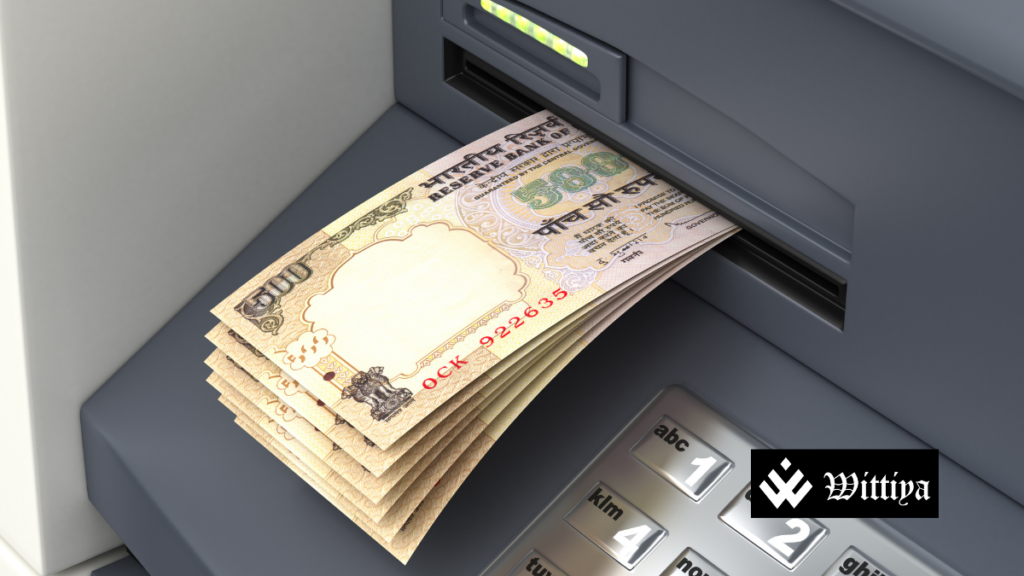Starting May 1, ATM withdrawals across India will become costlier as the Reserve Bank of India (RBI) has approved an increase in interchange fees. The hike is expected to impact customers exceeding free transaction limits, particularly those from smaller banks that depend on larger institutions for ATM services.
Starting May 1, withdrawing cash from ATMs across India will become more expensive as the Reserve Bank of India (RBI) has approved a hike in interchange fees. This decision follows demands from white-label ATM operators, who cited increasing operational costs.
An ATM interchange fee is a charge that banks pay each other for facilitating ATM services, often passed on to customers when they exceed free transaction limits. With the revised fee structure, customers will now pay an additional Rs 2 per financial transaction beyond their free limit. Similarly, non-financial transactions, such as balance inquiries, will cost Rs 7 per request, up from Rs 6 earlier.
The RBI’s move is expected to impact banking customers nationwide, especially those using ATMs from banks other than their own. Smaller banks, which depend on larger financial institutions for ATM infrastructure, will be particularly affected by the rising costs.
Digital Payments Outpace ATM Usage
ATMs have long been a convenient banking solution, but their relevance has declined due to the surge in digital payments. Online wallets, UPI transactions, and contactless banking have reduced the frequency of cash withdrawals. Government reports indicate that digital transactions in India amounted to Rs 952 lakh crore in FY14, surging to Rs 3,658 lakh crore by FY23, signaling a shift towards cashless payments.
With the upcoming ATM fee hike, customers still dependent on cash transactions may find it more costly, further incentivizing digital payment adoption.
